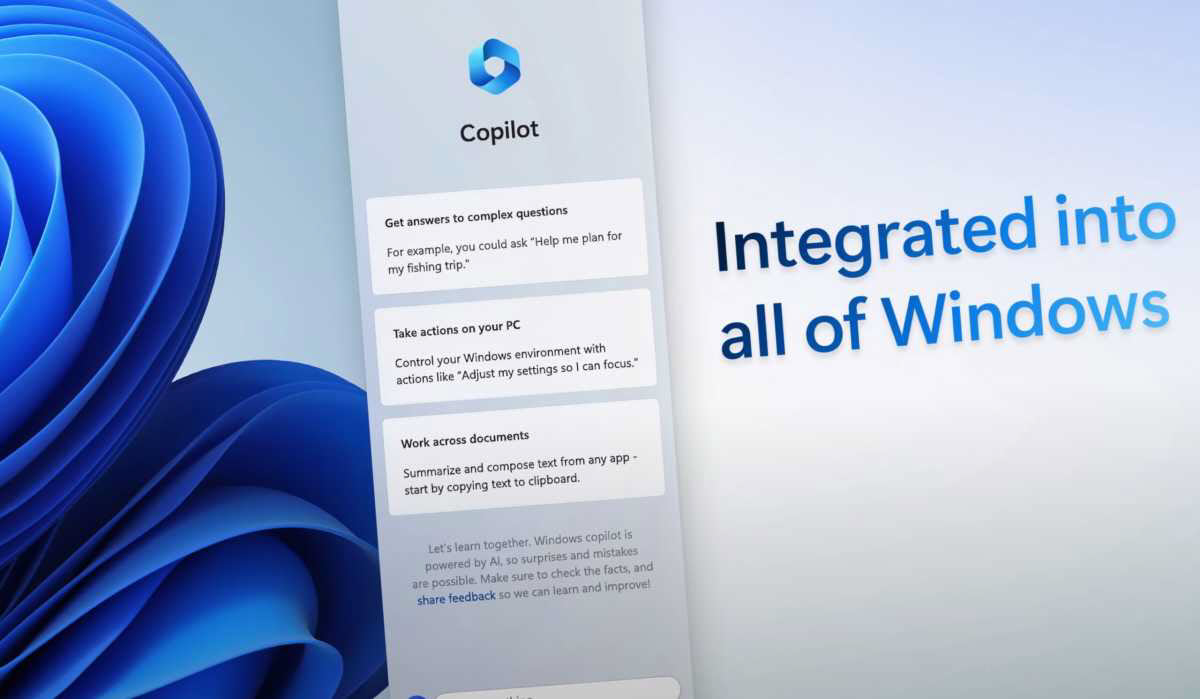Computers & Laptops | June 7, 2023

Microsoft said goodbye to Cortana. The tech giant confirmed that it will stop supporting Cortana on Windows 10 and Windows 11 versions by the end of this year. This would be the final nail in the coffin for the intelligent assistant, who disappeared from mobile devices and the interface of Xbox One consoles a few years ago.
The information can be found in the support documentation, where it is anticipated that Cortana will no longer be supported as a standalone application on Windows by the end of 2023. This change only affects the operating system version, as the assistant will continue to operate in Microsoft Teams rooms and voice playback of emails within Outlook for mobile.
Although Cortana will not completely disappear, its death is inevitable. Microsoft’s multi-billion-dollar investment in OpenAI has already borne its first fruits. The artificial intelligence of ChatGPT in Bing is changing the way we search the internet, while the integration of GPT-4 in Word, Excel, PowerPoint, and Outlook will help automate many processes.
To top it off, Microsoft announced that Windows 11 will receive a new AI-powered virtual assistant. Known as Windows Copilot, this feature will be available for all applications in the operating system. Users will be able to make inquiries, generate content, and perform tasks that would normally require an additional app.
Windows Copilot will become what Cortana could have been. The successor is powered by OpenAI technology, although it will not have one of the best features of the original assistant: the voice of Jen Taylor.

Perhaps one of the most ironic things is that Cortana will be replaced by an AI in Windows. The virtual assistant is inspired by an artificial intelligence that accompanies Master Chief in all the Halo games. In general terms, Cortana is vital as an assistant for gamers, a concept that Microsoft wanted to transfer to computers.
Although the development of Cortana began in 2009, its debut came in 2014, where it was presented as one of the secret ingredients of the new Windows. The assistant was natively integrated into Windows 10, where it tried to become the new Siri that would solve users’ lives and enhance productivity.
The problem with Cortana not only lies in its late launch but also in the platforms it was released on that didn’t take off. The assistant was part of Windows Phone, but the mobile system died shortly after. The same happened with the Xbox One, a console that lost the war to the PS4 after a disastrous initial strategy.
The famous assistant will have a slow death, although its creators don’t care. Microsoft learned its lesson with Cortana, and this time they are ahead of their competitors by integrating authentic AI into all their services.